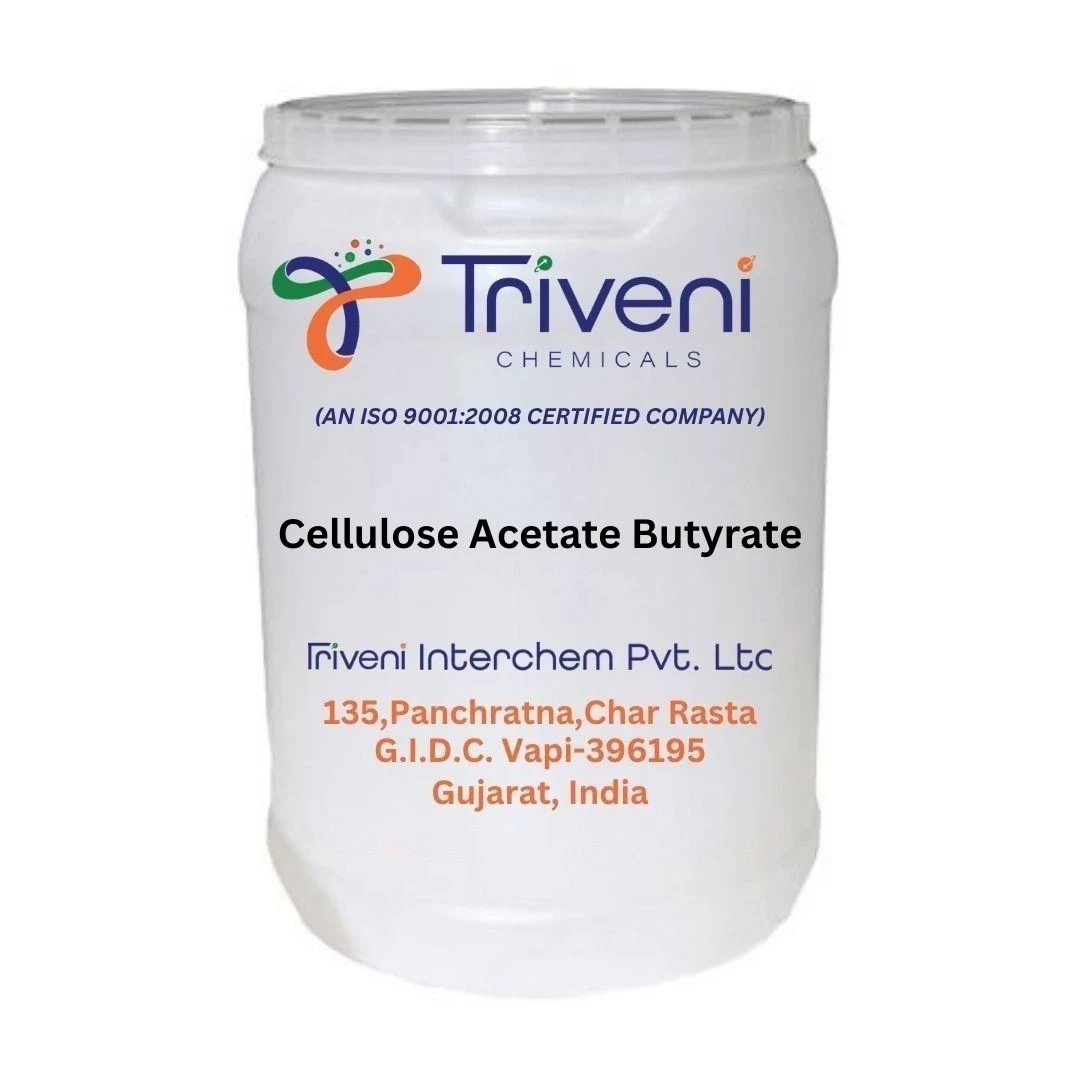Coating agents are essential to a number of industries, including food, medicines, the automobile industry, and construction. These materials are made to cover a surface and offer a layer of protection, improve its look, increase its durability, or impart certain qualities. This is a brief synopsis of coating agents: Polymer..
Coating agents are essential to a number of industries, including food, medicines, the automobile industry, and construction. These materials are made to cover a surface and offer a layer of protection, improve its look, increase its durability, or impart certain qualities. This is a brief synopsis of coating agents: Polymer coatings, which include silicones, acrylics, epoxies, and polyurethanes, are the most widely used kind of coating agents. Polymer coatings are ideal for a variety of applications, including automotive paints and architectural coatings, due to their exceptional durability, chemical resistance, and weatherability. Thinners and solvents: Thinners and solvents are used to simplify application, modify viscosity, and dissolve coating ingredients.Water, mineral spirits, acetone, and toluene are examples of common solvents.Selecting the appropriate solvent is essential for attaining the intended coating characteristics and guaranteeing accurate application. Pigments and colorants: To add color, opacity, and UV protection to coating compositions, pigments and colorants are added. A lot of inorganic pigments are utilized because of their superior colorfastness and light stability, such as iron oxide and titanium dioxide. Although organic pigments provide a wider variety of vivid hues, they might not be as UV resistant. Additives: To improve performance and application qualities, coating compositions frequently include a variety of additives. Thickeners, dispersants, leveling agents, UV stabilizers, and biocides are a few examples of these additives. Every addition has a distinct purpose, such as enhancing leveling and flow, avoiding foam formation, or prolonging the coating's shelf life. Crosslinkers and Curing Agents: In coatings like epoxy and polyurethane that go through chemical curing processes, crosslinkers and curing agents are crucial ingredients. These chemicals aid in the creation of robust chemical connections between polymer chains, which improves the adhesion, hardness, and chemical resistance of the cured coating. Specialty Coatings: Various unique formulations designed for particular uses are included in the category of specialty coatings. Coatings that are heat-resistant, self-cleaning, fire-retardant, and anticorrosion are a few examples. These coatings have special functions beyond those of conventional protective and ornamental coatings, and they are designed to meet strict performance standards. To sum up, coating agents come in a variety of forms and perform a variety of essential functions in the preservation, improvement, and personalization of surfaces in a wide range of industries. To achieve the best coating performance and satisfy particular application requirements, it is crucial to comprehend the characteristics and uses of various coating agents.



